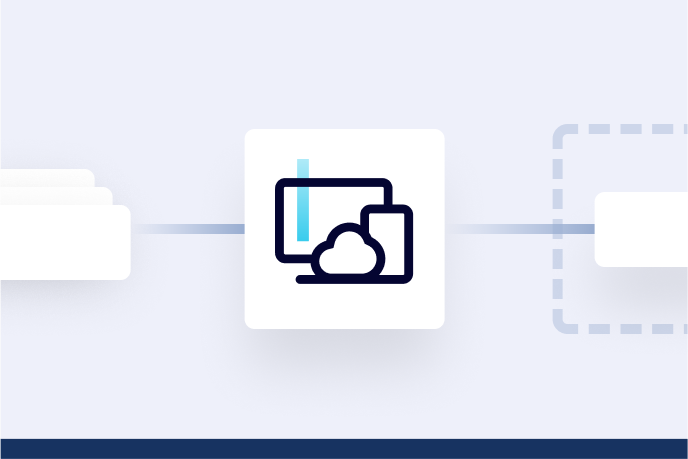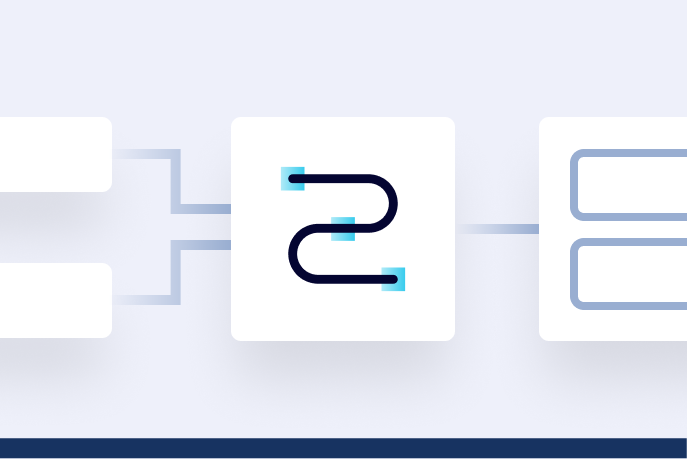[Webinar] How to Implement Data Contracts: A Shift Left to First-Class Data Products | Register Now
Solutions
Announcing the Confluent for Startups AI Accelerator Program: Empowering the First Generation of Real-Time AI Startups
The Confluent for Startups AI Accelerator Program is a 10-week virtual initiative designed to support early-stage AI startups building real-time, data-driven applications. Participants will gain early access to Confluent’s cutting-edge technology, one-on-one mentorship, marketing exposure, and...
From Reactive to Orchestrated: Building Real-Time Multi-Agent AI With Confluent
Building multi-agent systems at scale requires something most AI platforms overlook: real-time, observable, fault-tolerant communication, and governance. That's why we build on Confluent data streaming platform…
Introducing Build with Confluent: Enabling Partners to Bring Data Streaming Use Cases to Market Faster
Build with Confluent helps system integrators develop joint solutions faster, including specialized software bundles, support from data streaming experts to certify offerings, and access to Confluent’s Go-To-Market (GTM) teams to amplify their offering in the market.
From Reactive to Orchestrated: Building Real-Time Multi-Agent AI With Confluent
Building multi-agent systems at scale requires something most AI platforms overlook: real-time, observable, fault-tolerant communication, and governance. That's why we build on Confluent data streaming platform…
Beyond Boundaries: Leveraging Confluent for Secure Inter-Organizational Data Sharing
Discover how Confluent enables secure inter-organizational data sharing to maximize data value, strengthen partnerships, and meet regulatory requirements in real time.
Real-Time Toxicity Detection in Games: Balancing Moderation and Player Experience
Prevent toxic in-game chat without disrupting player interactions using a real-time AI-based moderation system powered by Confluent and Databricks.
Building AI Agents and Copilots with Confluent, Airy, and Apache Flink
Airy helps developers build copilots as a new interface to explore and work with streaming data – turning natural language into Flink jobs that act as agents.
How Singapore Embraces Data Streaming Across Finance, Air Travel & More
Read this Data in Motion Tour recap to get highlights and key insights from Singaporean business leaders leveraging data streaming in their organizations.
Allium and Confluent: How to Build a Foundational Data Platform for Blockchain
Allium provides real-time, accessible blockchain data for analytics and business teams with the help of data streaming. Learn how here.
Optimizing Supply Chains with Data Streaming and Generative AI
Effective supply chain management relies on the ready availability of well-governed, real-time data. Learn how Confluent facilitates supply chain optimization.
IAG & Kmart: The Business Impact of Data Streaming in Australia & New Zealand
Discover how Confluent has transformed data management for Kmart and IAG in Australia and New Zealand with its real-time data streaming platform.
Scaling Web Scraping with Data Streaming, Agentic AI, and GenAI
In building the next generation of web agents, we need the simplest, fastest way to extract web data at scale for production use cases.
Win the CSP & MSP Markets by Leveraging Confluent’s Data Streaming Platform and OEM Program
This blog explores how cloud service providers (CSPs) and managed service providers (MSPs) increasingly recognize the advantages of leveraging Confluent to deliver fully managed Kafka services to their clients. Confluent enables these service providers to deliver higher value offerings to wider...
Atomic Tessellator: Revolutionizing Computational Chemistry with Data Streaming
With Confluent sitting at the core of their data infrastructure, Atomic Tessellator provides a powerful platform for molecular research backed by computational methods, focusing on catalyst discovery. Read on to learn how data streaming plays a central role in their technology.
Real-Time Insurance Claims Processing With Confluent
The insurance industry has undergone a massive transformation over the last 20-30 years. Customer service and business processes that were once done on paper or over the phone are now completed via web and mobile experiences. As a result, manual paperwork and tasks have gradually become...
How Developers Can Use Generative AI to Improve Data Quality
While generative AI is driving the need for stronger data governance, it can also help to meet that need.
Busie: Building a Charter Platform From the Ground Up with Confluent Cloud
Transportation providers have long relied on manual processes to keep their operations flowing. While manual processes have underpinned the operations of these companies for years, they’ve also held them back from scaling. Busie, enables ground transportation providers to provide this kind of...









